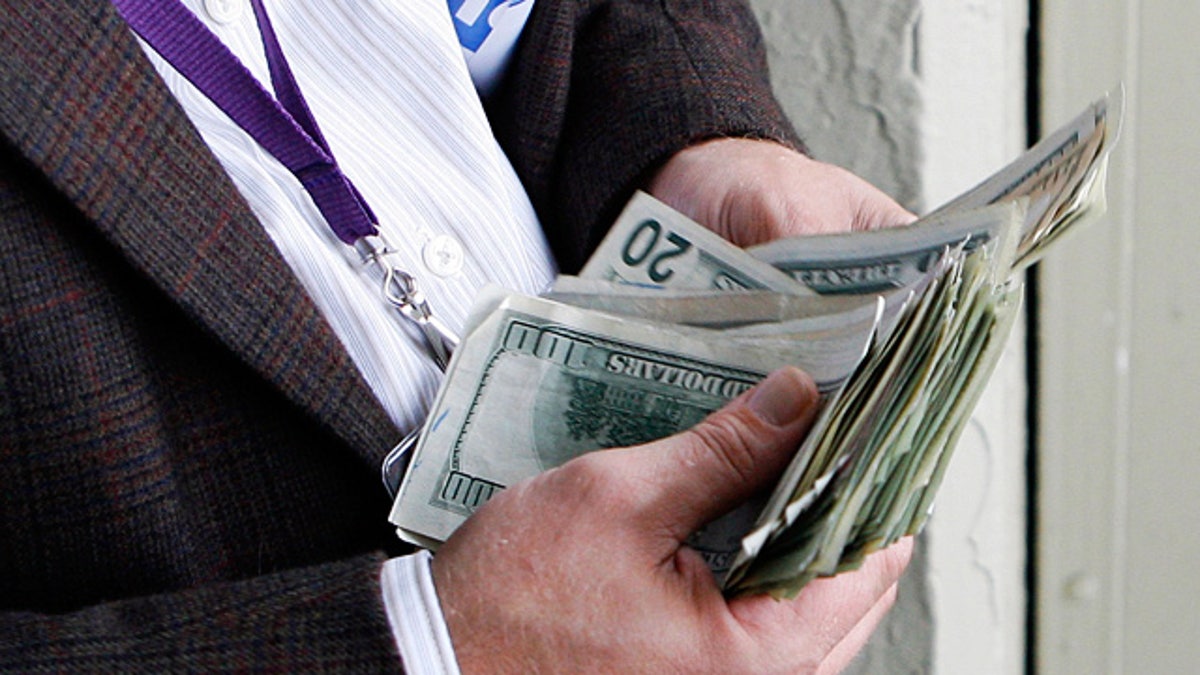
As the former chief judge of New York, I have seen that money bail doesn’t work.
In New York, like most states, a person who is charged with a crime can be required to put down money as bail, serving as collateral to ensure he or she returns to court. If you can pay, you go home. If you can’t, you go to jail.
In other words, if you are wealthy, you can fight your charges from home with the help of high-end lawyers. If you aren’t, you may have to defend yourself from behind bars, represented by a public defender who is hard-pressed and more than likely overloaded with other cases.
In New York City, only 12 percent of the people who have bail set can pay immediately. The other 88 percent are transported to the infamous jail complex on Rikers Island.
Rikers is a particularly awful place – so bad that an independent commission that I lead determined that the only way to fix Rikers is to close it forever. But whether you are sent to Rikers or any other jail, you are entering a harsh and often dangerous environment that isolates you from your loved ones, your livelihood and your community.
Some people can make bail within a few days, usually relying on money collected by family and friends or borrowed from commercial bondsmen, who charge high fees. Many others stay in jail for months or even years as their cases wind through the courts.
Even a short time in jail can harm your job, your family and your reputation. It can expose you to violence or criminal influences. All this happens before you have been convicted of any crime.
The consequences do not end at the jail doors. Studies show that spending just a few days in jail leads to a greater likelihood that you will be charged with additional offenses down the road. In addition, people who are held in jail before trial are more likely to plead guilty than those who aren’t, and are more likely to receive longer sentences.
All of these things contribute to the dismal story of incarceration in America. More than 2.2 million human beings are in jail or prison today in the United States – a higher percentage of our population than any other country on the planet.
There are better ways. The best, and simplest, is for states to pass laws that restrict or eliminate money bail. This approach has been tried in places as diverse as Alaska; Washington, D.C.; and New Jersey.
As chief judge, I supported eliminating money bail in New York in favor of a system that allows judges to consider risk of danger with the aid of evidence-based assessment tools. But legislative bail reform is difficult, especially given the lobbying power of the bail bond industry that profits from the status quo.
Fortunately, legislative change is not the only answer. Right now, judges and prosecutors have the power to reduce the impact of money bail. District attorneys can decide not to ask for bail and judges can decide not to set bail, or to set bail at amounts that people can afford. That is exactly what they are doing, surprisingly, in both red and blue states around the country.
Towns and cities across the nation can also look to options like New York City’s innovative supervised release program, which permits eligible defendants to avoid bail as long as they submit to periodic check-ins while their cases are pending. In addition, nonprofit bail funds help New Yorkers pay bail without requiring them to put down their own money.
After several years of experimenting with supervised release and bail funds, New York City is not only safer than ever, but also has the lowest per capita jail population of any big U.S. city.
And people on supervised release or helped by the bail funds return to court at the same high rate – more than 90 percent – as people who have paid bail as collateral.
Common sense tells us that no one should be forced to pay to be free. This idea is taking root across the political spectrum. Supporters include: Sen. Bernie Sanders, I-Vt.; the Koch brothers; Sen. Kamala Harris, D-Calif.; and Sen. Rand Paul, R-Ky.
Trailblazing prosecutors – along with judges and new approaches in criminal justice like supervised release and bail fund programs – teach us another lesson: cash bail is not only inequitable; we don’t need it.




















